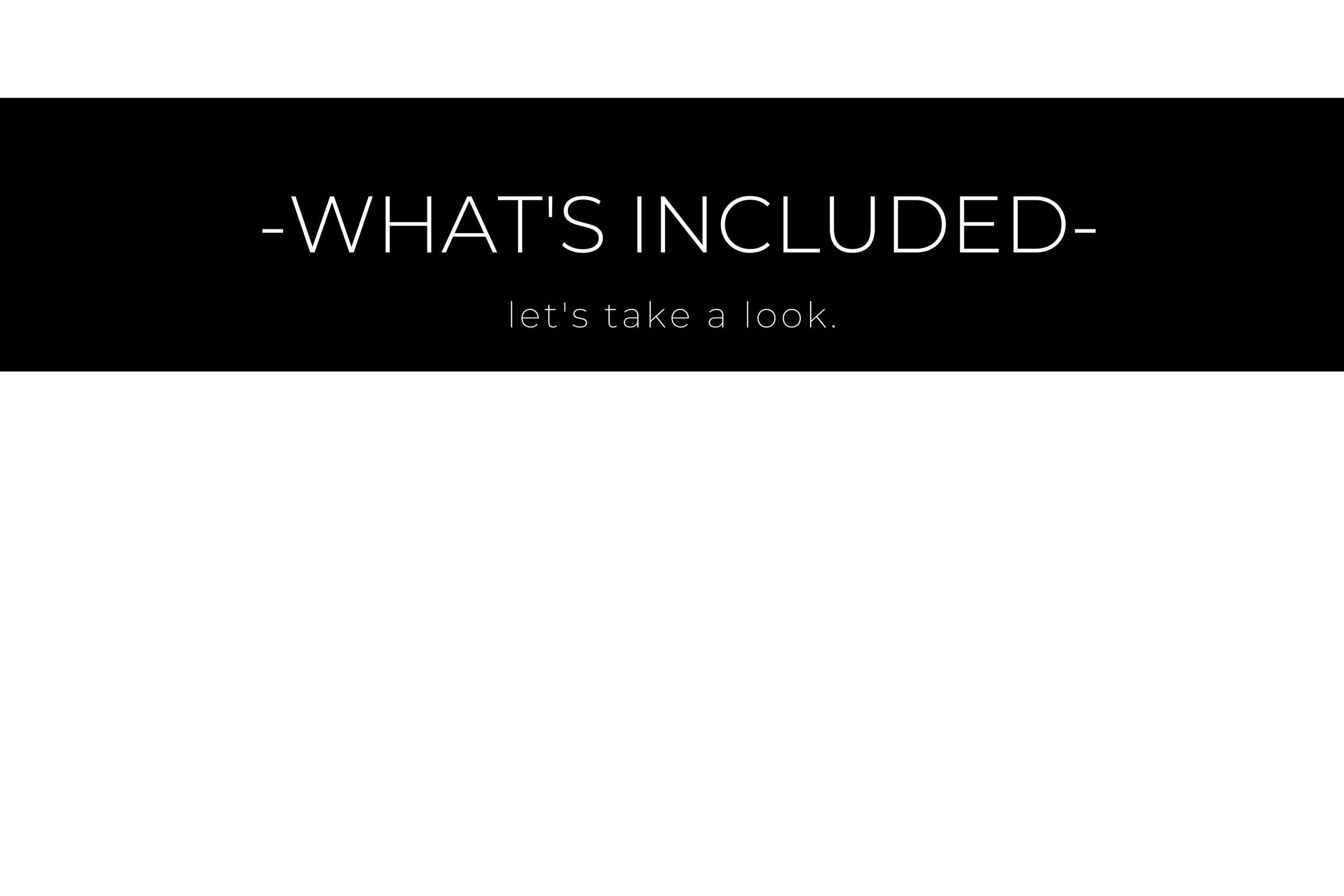
Top 10 Reasons why this course is essential:
Understand dietary preferences and restrictions
Address cultural food norms
Enhance communication and trust
Recognize and address health disparities
Identify underdiagnosed populations
Tackle socioeconomic factors
Improve treatment outcomes
Integrate cultural strengths into treatment
Advance professional standards
Fulfill ethical obligation

Understanding the intersection of race, religion and eating disorders is crucial for providing effective and culturally competent care.
pre-approved by the Commission on Dietetic Registration











































